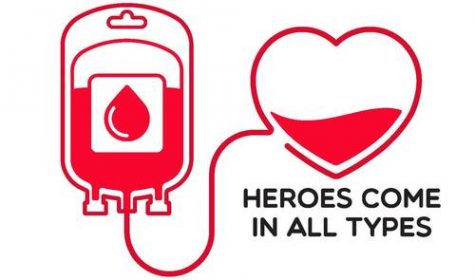Judge Rules That The University of California Cannot Use ACT or SAT Scores For Admission

The University of California (UC) system can not use ACT or SAT scores as a factor in the application process, the Superior Court Judge, Brad Seligman in Alameda County ruled.
This ruling has come months after the Board of Regents in May voted to discontinue the standardized tests in phases and allow students the option to submit their test scores through the fall 2022 application cycle. In setting a precedent, the UC system laid down the tone to become test-optional throughout the country as the impact of Covid-19 has affected many students, as finding the opportunity to take the test becomes more scarce.
Before the judge’s decisions, the Board of Regents gave the individual campuses the decision to facilitate the policy regarding tests. UC Berkeley, UC Irvine, and UC Santa Cruz decided not to consider standardized test scores in the college application, instead use them when determining class placement. The other six campuses such as UC Davis, UCLA, UC San Diego decided to keep the “test-optional” policy, providing students to choose to submit test scores. UCSF is a graduate school, uses MCAT scores, and is test-optional. The litigation does not mention MCAT.
Most, if not all UC schools already apply a “holistic review” to college applications where admission officers look beyond grades and test scores and use circumstances and commitments to address how “fit” a student is for the school campus. UC Berkeley has mentioned that for freshman applicants, the “holistic review” says that no one piece of information is weighted more heavily over another.
“The current ‘test-optional’ policy at most of the UC campuses denies admissions applicants with disabilities meaningful access to the additional admission opportunity that test-submitters will enjoy, in large part because they have not taken these tests and will not be able to take them with appropriate accommodation during this Covid-19 pandemic,” said in the case of Kawika Smith, one of the plaintiffs.
The judge also took note that “Unlike their non-disabled peers, they do not have the option to submit test scores; even if they did, their chances of obtaining necessary test accommodations are virtually non-existent.” This is one of the many arguments proposed by students and critics alike. As most of the time, there is no mention of students receiving testing accommodations––giving disabled students a disadvantage in the college application process.
The judge’s rulings extended over the Board of Regents’ decision and prohibited the consideration of test scores in the college application process. Ultimately, enforcing the “test-blind” policy across all 10 UC campuses.
In various arguments against the standardized test, some students have noted that the Scholastic Aptitude Test (SAT) is a test that gives privileged students an upper hand in the college process. Research states that students who come from wealthy families score higher on the ACT and SAT. While students who come from low-income families receive lower test scores due to the lack of access to test-prep services. Despite the precedent, there is always a win-lose situation at hand.
And as the judge ruled over the decision, a spokesperson for UC mentioned “it respectfully disagrees with the Court’s ruling” and that the UC system is considering further legal action in the case and that the court should consider public interest as well as the interest of third parties. In the 2020 admit process, the UC system has had an increase in admission of low-income and first-generation-to-college students, as reported by CNN.
The decision set by the court will play towards the future. Additionally, indicating a possible trend for the phasing-out of the use of the standardized test in the college application. As of right now, the application process for the Class of 2021 will be an important “experiment” in the college admissions process for many schools and students alike.











